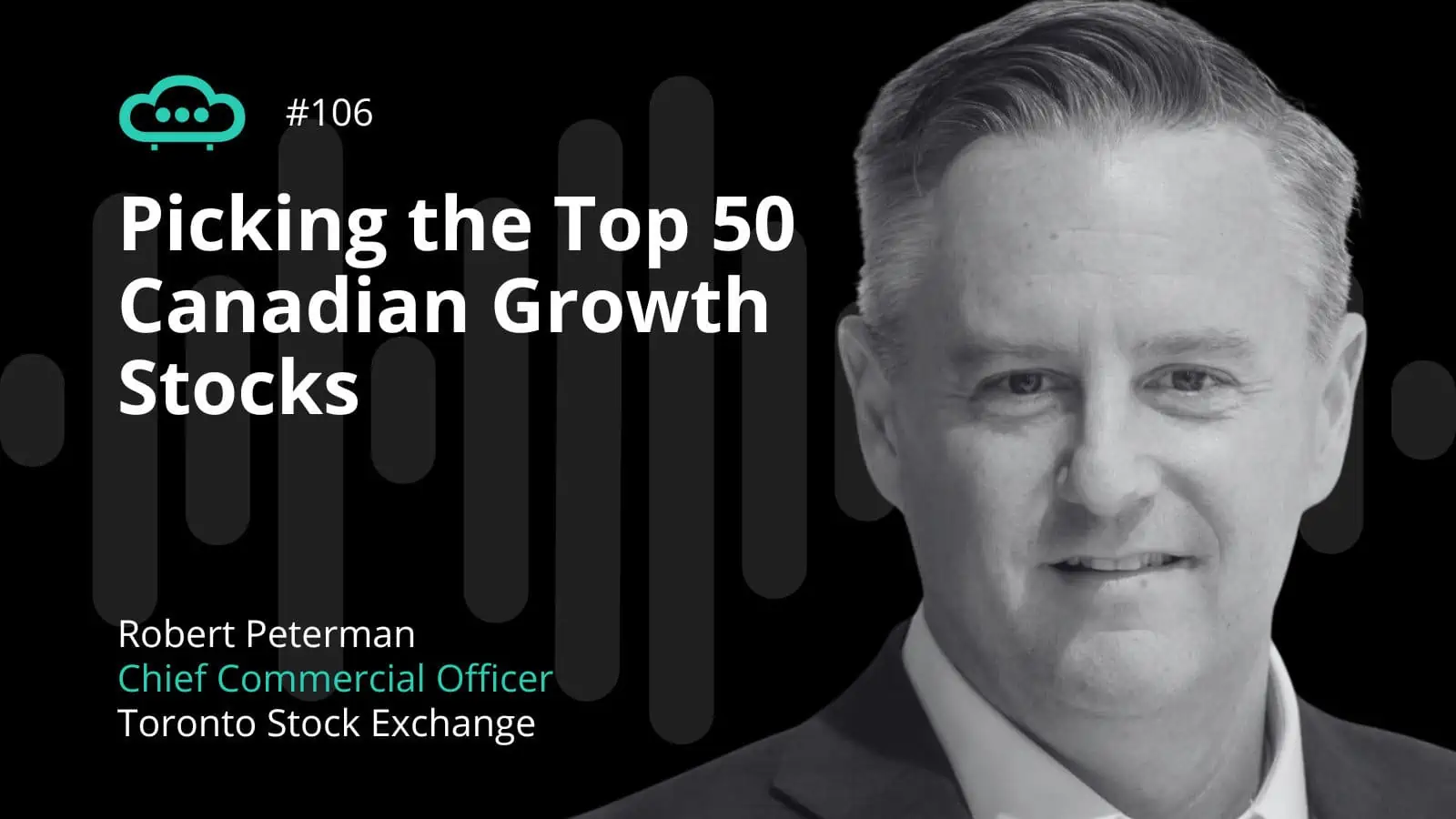Volatile gilt prices over the last two years have pushed the ownership of UK government bonds by private investors to their lowest level since 1996 according to data from the ONS. The data suggests that just £3bn* in UK government debt is held by individuals (as of Sept 30 2023), says Lubbock Fine Wealth Management, the wealth management arm of Chartered Accountants and business advisors Lubbock Fine.
Private investors’ holdings of gilts have now declined by 44% over the last three years, having stood at £5.4bn in September 2021. This means that just 0.2% of the £2 trillion in gilts are now in the hands of individuals in the UK.
A sharp fall in value of the government bonds following the ‘Mini Budget’ of September 2022 and continued volatility since then has seen private investors increasingly shy away from UK government debt. However, Andrew Tricker, Director at Lubbock Fine Wealth Management, says that there is anecdotal evidence of private investors increasing their exposure to gilts as prices rallied from October 2023 onwards.
Are private investors returning to UK gilts?
Says Tricker: “Some of the big investment platforms have reported more active buying of gilts by private investors in Q4 of last year. That won’t be reflected in the ONS data, which will only pick up that buying later.”
He thinks that investors should be considering gilts as part of a diversified portfolio. As inflation and interest rates remain elevated, gilts are likely to be seen as a more attractive investment option. “It would be a shame if private investors have exited the gilts market just as their prices fell to very attractive levels. The start of 2024 has seen gilts back some their gains of the last part of 2023 but over the longer term there’s likely to be value in the gilt market as inflation continues to fall.”
- Fixed income market is becoming more attractive, pro investors say
- Saxo: investors are ignoring debt accumulation issues facing global economies
- Gold hits historic high as market focuses on Federal Reserve, Israel bombing
It’s understandable that private investors might have stepped back from gilt investment following the instability of the last 15 months. However, gilts have long had a role to play for income investors and some short-term turbulence isn’t going to change that.
“For higher rate taxpayers there is the obvious advantage that capital gains from gilts are free of tax. For tax purposes the yield from a lot of gilts is structured as a tax-free capital gain,” Tricker explained. “Any growth in the gap between inflation and gilt yields is going to make UK government debt more attractive. If investors believe inflation is going to stay ‘higher for longer’, that will be reflected in gilt yields staying high too.”
Tricker said that Lubbock Fine Wealth Management has seen more private investors coming to them for advice on the role gilts might play in their portfolios. “As long as the current economic climate persists, that’s a conversation a lot of private investors should be having with their advisers,” Tricker says.












